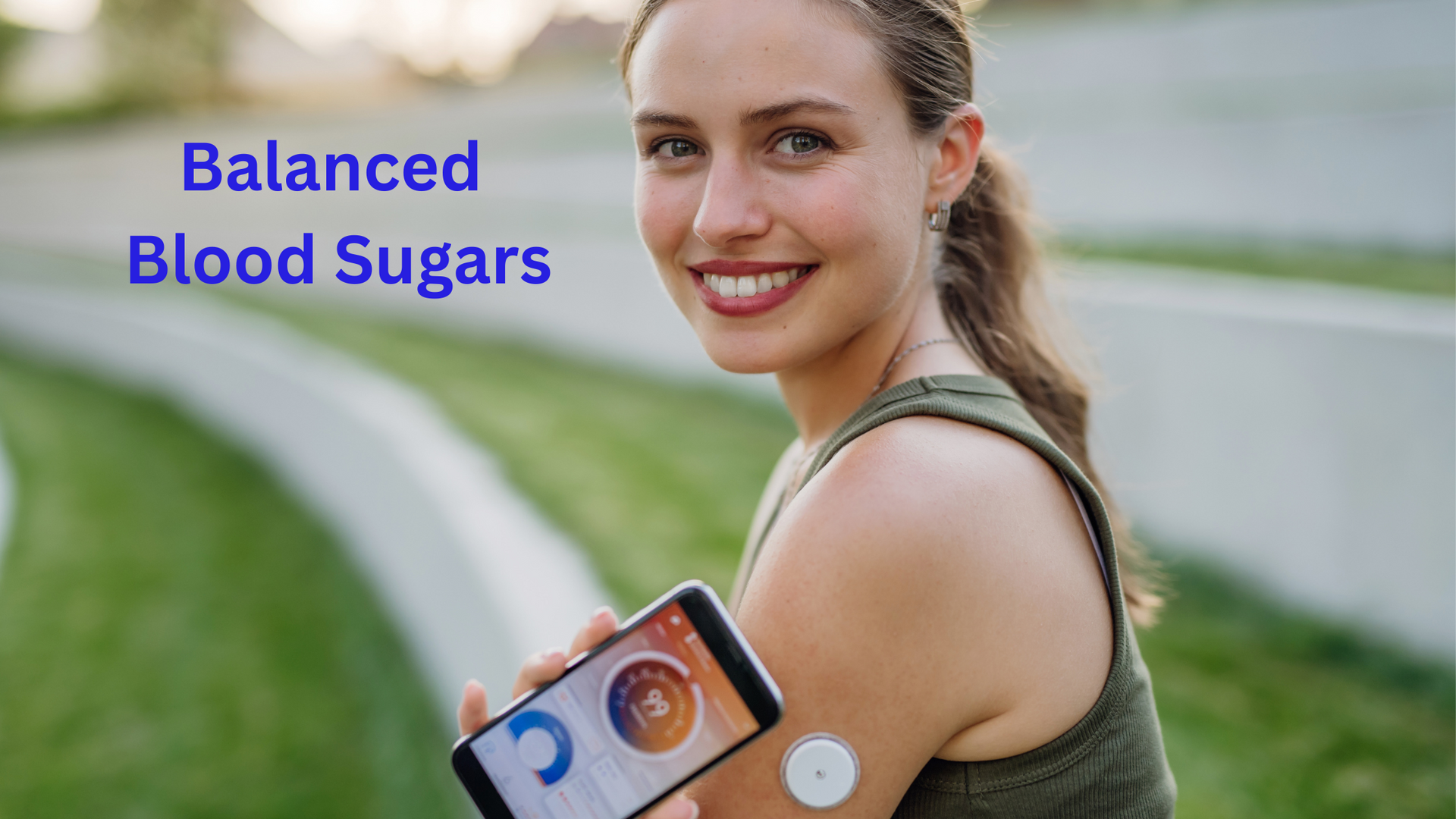5 Simple Ways to Boost Your Immune System

1.
Gut Health.
Healthy Gut = Healthy Immune System. Did you know that most of your immune system is in your gut? The gut plays an important role in immune system balance; otherwise known as homeostasis. Why would most of your immune system be located in your gut? Well, the gut is in contact with lots of things daily from the outside world, such as bacteria, fungi, parasites, virus and toxins. When the body is functioning correctly, the immune system monitors and protects the rest of the body from exposure to harmful things.
What we put in our gut matters! Food can be the body’s best medicine or worst nightmare! Earth made foods are great medicine for your body. Man made processed foods are not! Do you look at food labels and wonder about the big, long words that you can’t pronounce? In general, if you can’t pronounce the word or have no idea what this ingredient is, chances are your body has no idea what to do with it. Your immune system does not recognize this and it causes inflammation (your body mounts a response because it sees this ingredient as foreign and does not think it is safe).
2. Stay Hydrated . Most of us have been told over and over how important it is to stay hydrated with water. Up to 60% of the body is made up of water. In order to survive, the human body needs water. Water is essential for all parts of the body to function. Water delivers oxygen to all parts of our bodies and helps remove waste & toxins from the body.
If you are not drinking enough clean water, your immune system is going to have a difficult time working properly. I recommend drinking filtered water. You can also look at the reports of your city’s water to see how it rates. If you are drinking well water, I recommend that you test your well water annually.
How much should you drink? The general consensus for drinking water is half your body weight in ounces per day. For example a 150 lb person should drink ~75 oz of water per day. If you have been working hard out in the sun or exercised, you may need more. If you are unsure how much water is right for you, ask your doctor.
3. Rest . Are you getting enough quality sleep at night? Sleep is so important in keeping your immune system working properly and helping your immune system stay in balance. Studies have shown that if you are not getting enough sleep at night, it creates inflammation & causes your immune system to be overreactive.
How can you get enough sleep at night? Here are some sleep hygiene tips:
- Be consistent (go to bed at the same time & get up at the same time—even on days off),
- Sleep in a bedroom that is quiet, dark & relaxing.
- Don’t use electronic devices a few hours before bed.
- Don’t have electronic devices in the bedroom.
- Turn off wifi while sleeping (you can buy a timer—so you don’t have to remember to unplug & plug in).
- Exercise/Movement is great, but don’t do it close to bedtime!
- Avoid meals a few hours before bed.
- Avoid caffeine & alcohol before bed.
- Breathing such as 4-7-8 breathing, prayer and meditation can help to get your body into a relaxed state and ready for sleep!
4. Movement . When regular movement/exercise is combined with healthy eating this has a positive impact on creating a diverse range of good (beneficial) bacteria (your microbiome) in your gut, which in turn helps you have a healthy, balanced immune system (remember, most of your immune system is in your gut). You should participate in movement that you enjoy and have fun with. If you are exercising and it is not enjoyable or fun—it could be causing you stress! Movement/exercise comes in may different shapes and sizes! Exercising regularly throughout the week is important. Studies show that regular routine exercising builds a healthy immune system. Irregular or infrequent exercise/movement have shown not to be beneficial. What movement/exercise makes you happy?
5. Coping with Stress. Stressed? Fearful? Overwhelmed? Stress, unfortunately is a part of life. How do you handle it? If you constantly feel stressed this affects your immune system in a negative way. Constant, chronic stress can decrease your immune system function and put you at a higher risk of getting sick. Constant stress can also affect your mood and puts you at risk for depression and/or anxiety.
How can you feel less stressed?
- Meditation/Breathing/Prayer. A great way to start is 4-7-8 breathing. There are also apps available to help guide you in meditation/prayer.
- Movement/Exercise. Do movement you enjoy! If you are exercising just to exercise and it is not fun for you, you maybe causing yourself more stress!
- Counseling. Counselors can help navigate the stress you’re facing and offer ways to help, so you feel less stressed. Finding the right counselor that you feel comfortable with and can offer you advice and tools to heal & navigate this world can be a necessity!
- Self care can come in may shapes & sizes depending on you & what puts you in your happy, relaxed place! Enjoying the outdoors, getting a massage, sauna treatments, reading an entertaining book, participating in an exercise class or going out with friends to name a few…
Don’t Worry, Be Happy!
Sluggish? Stressed? Not Sleeping well? Do you need help boosting your immune system and living a healthier, happier life? Schedule a FREE 15 minute Strategy Call
with New Beginnings
. Call 970-305-0101
or email Staff@NewBeginningsFMC.com
References:
https://www.ncbi.nlm.nih.gov/pmc/articles/PMC2515351/
https://www.ncbi.nlm.nih.gov/pmc/articles/PMC3256323/
https://www.cdc.gov/sleep/about_sleep/sleep_hygiene.html
https://health.clevelandclinic.org/exercise-healthy-diet-can-give-your-immune-system-a-boost/
https://health.clevelandclinic.org/what-happens-when-your-immune-system-gets-stressed-out/


Dr. Shannon's Blog











